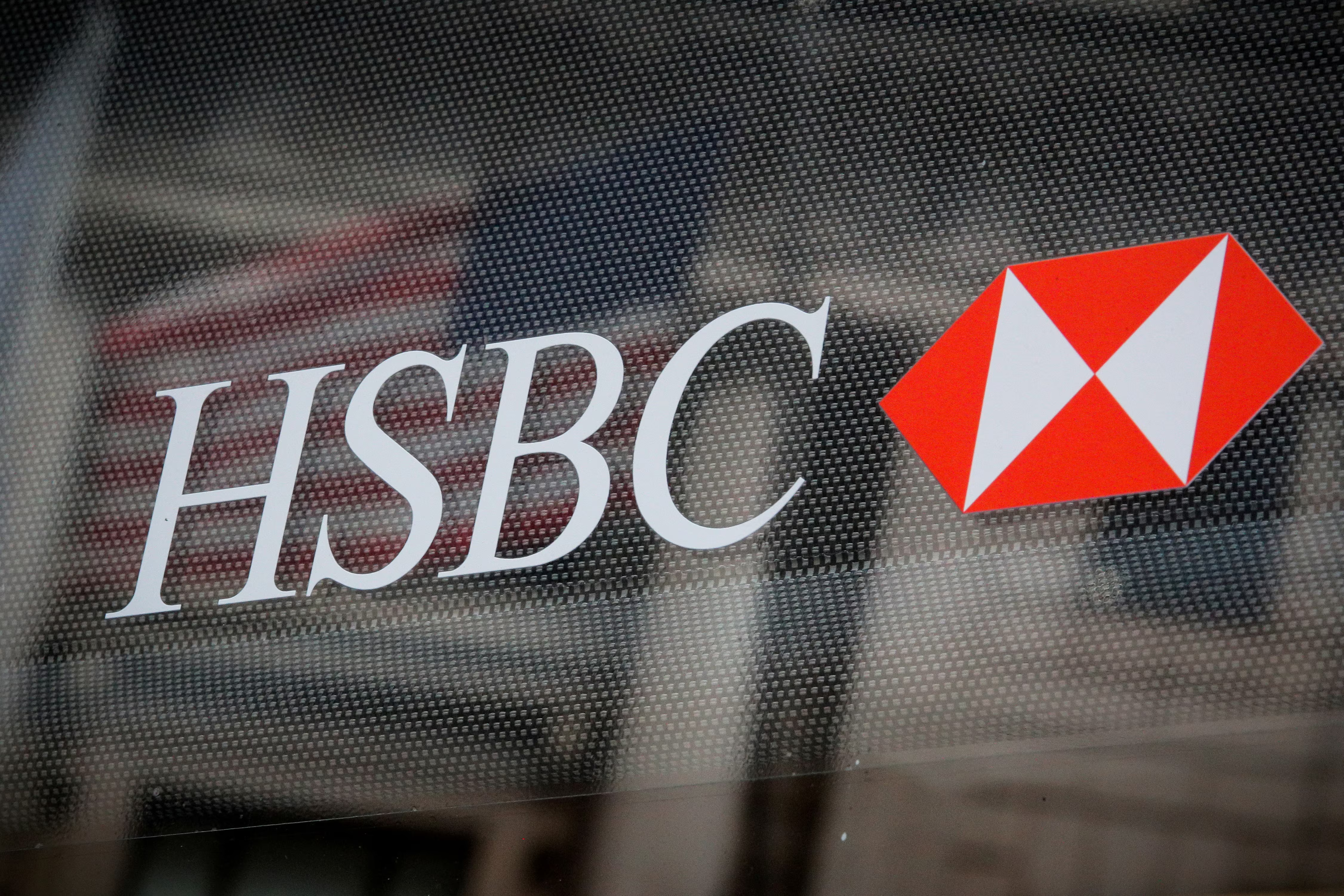Global banking giant HSBC Holdings Plc has initiated the process of winding down its dedicated U.S. unit for small and medium-sized businesses (SMBs), marking another step in its strategic retreat from the U.S. retail banking market. The move signals a shift in the bank’s operational focus as it continues to streamline global operations and redirect resources toward Asia and wealth management.
The specialized U.S. unit had previously catered to SMB clients, offering a range of banking services including lending, deposits, and digital solutions tailored for entrepreneurial clients. Its closure comes just over a year after HSBC completed the sale of most of its U.S. retail branches.
Part of a Global Strategic Refocus
HSBC’s exit from this segment of the U.S. market is part of a broader multi-year strategy to scale back its presence in regions where it lacks competitive advantage. The bank has already sold off parts of its U.S. consumer banking business, narrowed its investment banking activities, and invested heavily in its Asian operations.
Executives have long emphasized that Asia remains the bank’s primary growth engine, particularly in markets like Hong Kong, China, and Singapore. By cutting costs and eliminating lower-margin businesses, HSBC aims to boost profitability and strengthen its core areas of expertise, such as cross-border finance and wealth management.
Impact on U.S. SMB Clients
The decision to shutter the SMB banking unit is expected to impact hundreds of small and mid-sized businesses in the United States who relied on HSBC for financial products. While the bank has not publicly disclosed a complete timeline for the wind-down, internal sources report that clients will be gradually transitioned to other financial institutions or supported in closing their accounts.
HSBC is reportedly providing personalized assistance to affected clients, including referral partnerships with alternative lenders and banks that cater to the SMB segment. However, the move has raised concerns among some business owners about reduced banking options and relationship disruptions.
Continuation of U.S. Retail Exit
This is not HSBC’s first step away from U.S. consumer and small business banking. In 2021, the bank sold a significant portion of its U.S. retail operations to regional players such as Citizens Bank and Cathay Bank, effectively closing the chapter on its mass-market ambitions in North America.
Since then, HSBC’s U.S. operations have been focused primarily on corporate clients, high-net-worth individuals, and multinational businesses, aligning with its global strategy. Analysts view the disbanding of the SMB unit as the natural next step in that process.
Industry Implications and Competitive Landscape
The decision reflects a broader trend in global finance, where large multinational banks are rethinking their roles in saturated or less profitable markets. The U.S. SMB banking sector, though sizable, is highly competitive and fragmented, with regional and digital-first banks often better suited to serve local businesses with specialized products and personalized service.
HSBC’s exit may create opportunities for regional banks and fintech firms to absorb displaced clients and expand their presence. At the same time, it underscores the challenges global banks face in adapting one-size-fits-all strategies to vastly different regional markets.
What’s Next for HSBC
With its U.S. retail wind-down now nearing completion, HSBC is expected to concentrate future investments in digital banking, Asia-Pacific markets, and private banking. Recent hires and capital deployments suggest a doubling-down on high-margin, low-overhead segments such as digital wealth management and institutional lending.
The bank’s strategic evolution continues to reflect a post-pandemic recalibration of global priorities—one that favors agility, regional specialization, and focused growth over broad geographical coverage.







